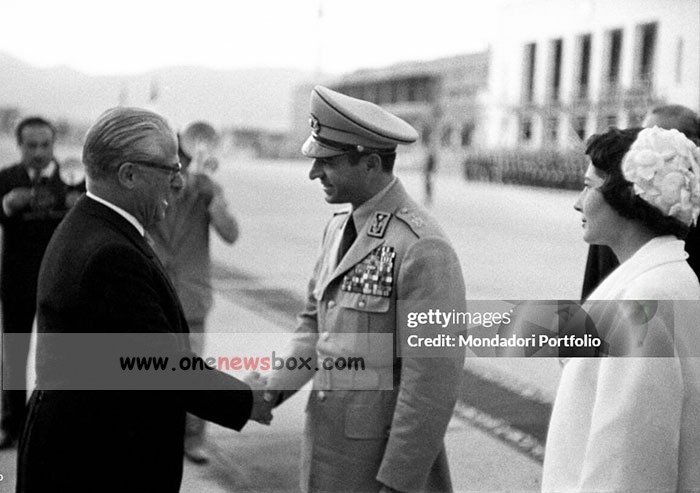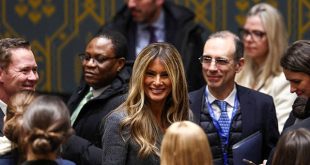The Shah’s Vision and Western Education
Educated in Switzerland, emotionally as well as intellectually committed to the West, the Shah is often critical of U.S. policy. He told a TIME correspondent last week: “You say, for example, that we cannot handle military electronic equipment, but if you had started training us four or five years ago, we could handle it now. If you fail to see what we need, you will lose a fantastic opportunity and may regret it bitterly later on.” Iran risked Soviet anger to sign a defense agreement with the U.S., and the Shah, like most of his countrymen, cannot understand John Foster Dulles’ explanations that it must be an “agreement” not a treaty.
The Heirless Throne and Future Prospects
At week’s end the Shah planned to journey north from Italy to Switzerland, where two prominent Iranians are often to be found. One is his daughter Shahnaz (by his first marriage to Egypt’s Princess Fawzia), but she had just left Lausanne for home, accompanied by a Swiss gynecologist. She is expecting a child, and the Shah insisted that it be born in Iran—if it is a son, he might be heir to the Iranian throne. The other is his handsome second wife, Soraya, whom he divorced because she had not provided him with a son. But her photograph is still prominently displayed in the palace in Tehran.
In the chaotic Middle East, worries over an heir to the throne are certainly preferable to plots to topple it. A veteran U.S. observer in Tehran allowed himself some tempered optimism about Iran: “I wouldn’t say we are confident, but the situation today looks a helluva lot better than it did two or three months ago.”

